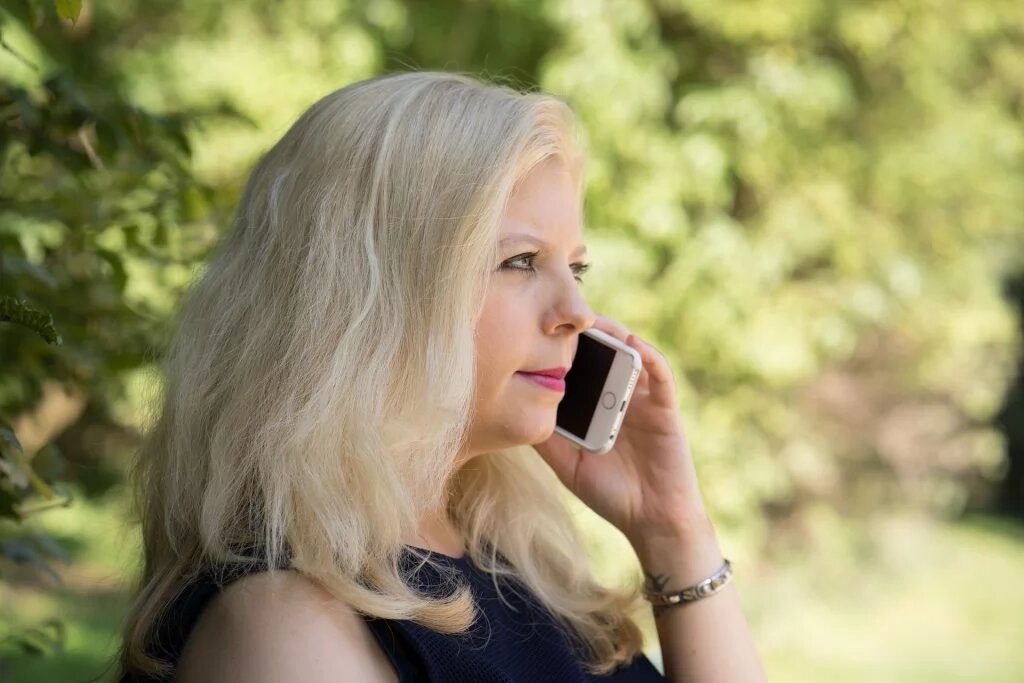Break it down, educate yourself on your options, set boundaries, talk to someone and share the burden. Sharing is caring, both for them and for you.
Your parents’ age can creep up on you. One week you might be picking up their shopping when you get yours, the next you realise your spare time has dwindled to nothing as you help cook, clean and keep them company.
It’s a very common situation. Nearly 6 million people in the UK provide unpaid care for an elderly parent or relative – roughly 9% of men and 12% of women. The problem is that unpaid care can take a big toll on the financial, mental and physical health of the people who provide it.
Caring for an elderly parent can be rewarding for both parent and child, but it’s important not to let self-care slide.
5 tips to care for an elderly parent – and yourself
1. Break it down
One of the best things to do is to sit down and create a list. Write down everything your parent needs help with now, and everything they might need help with in the future. What happens when your parent can no longer drive? Can they access shops easily, or will they depend on you?
Plan financially too – if your parent was to lose mobility, would you need to modify their house for a wheelchair? Could you? Would a home care be the best option?
Not only is writing everything down in this way practical, but it can also be pretty cathartic. Simply seeing it on paper can help make the situation seem more manageable. It can also highlight exactly how much there is for you to think about, which might make it easier for you to seek help from others, with evidence of the burden you’re shouldering.
Providing care for an elderly parent can feel a bit like firefighting – making a list allows you to be proactive instead of reactive.
2. Educate yourself
Once you’ve made a list, take the time to educate yourself about all the different elements of care that might be needed.
Feelings of helplessness are very common when confronted with the need to care for an elderly parent. Managing those emotions is critical to providing the best care you can, and to staying sane yourself.
Often there are solutions that you’d never have thought of, too. Do you find yourself spending a lot of time in the house because you’re scared your parent will fall, for example? The Age UK Personal Alarm service is an option worth considering.
Do your research on the elderly care landscape, because there could well be affordable, simple solutions that would make your, and your elderly parent’s, life easier.
3. Set boundaries
Often you won’t realise what a toll caring for your parent is taking until resentment, frustration or anger has already built up. It’s very normal to have these feelings. Elderly parents can be a burden, and it’s important to set boundaries so you can manage these feelings.
Once you’ve drawn up a list and done your research, it’s important to be really honest with yourself. Determine what you can and can’t, will and won’t, do – and communicate this clearly with your parent. Take back control of the care situation.
Often the parent/childcare dynamic is a difficult one because of past family tensions. In this situation, it’s more important than ever to set, and stick to, clear boundaries.
It’s natural to want to care for an elderly parent to the best of your ability, but if that comes at the cost of your own health, it’s not beneficial to anyone.
4. Talk to someone
You shouldn’t have to care for an elderly parent alone. Even if you’re the sole caregiver, emotionally it’s important to have someone you can talk to about the situation. That might be a spouse or partner, it might be a friend, or it might be a professional.
The important thing is to recognise that mixed emotions are completely normal. It’s not in any way a betrayal of your parent to struggle with providing their care. The best thing you can do is deal with those emotions head-on by talking to someone, so caregiving is a positive experience – for you and your parent.
5. Share the burden
You don’t have to be the sole caregiver. Talking to someone is one thing, but it’s important to remember that you can get hands-on help too.
Sharing is caring, both for them and for you.
Siblings can be a rich source of support, but if you’re an only child (or the only child who is willing to provide care) there are other solutions too. If you have children, for example, in many situations they can help share the burden of care. Grandchildren are often a source of great pleasure to elderly parents – providing companionship and a breath of fresh air.
It’s also well worth considering a
How to find external care for an elderly parent
For many people, sharing the burden means hiring an external carer who can provide support in the home, on an ad-hoc basis.
There are 3 ways you can find external care:
- A care agency
- Independent search
- An introductory agency
Care agencies are the most expensive way to find care, but sourcing someone yourself is often a hassle you don’t have time for.
Introductory agencies are a middle ground, charging a small commission to introduce you to carers in your area. Unlike agencies, an introductory platform means you have complete control over who you hire, without the hassle of finding someone yourself.






